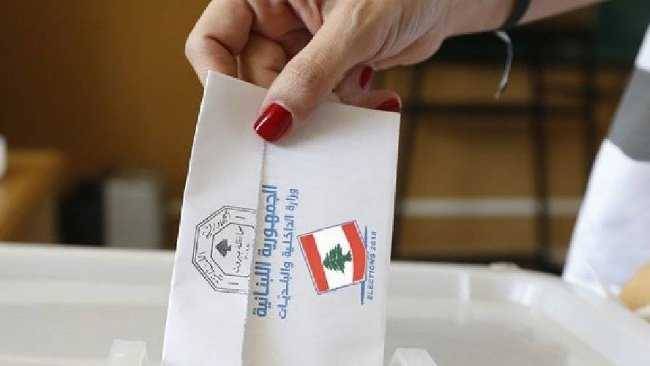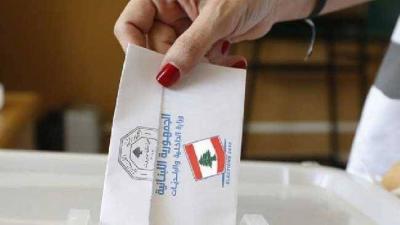Now that the parliamentary elections have been completed both abroad and domestically, overcoming fears of their cancellation, attention has turned to the electoral outcomes, the general features of which are expected to be announced officially this evening. This marks the beginning of a new phase for Lebanon, especially as significant changes have arisen in the political scene due to the loss of the ruling majority affiliated with the Iranian axis and its dominance over the national landscape, particularly in the Christian sphere amidst the substantial decline in the popularity of the "Free Patriotic Movement," which has lost its claim to be the "strongest Christian party." The "Lebanese Forces" have taken the lead in Christian representation, diminishing the Christian cover for the "Resistance Axis."
In analyzing the results of the elections thus far, Dr. Sami Nader, the director of the "Levant Institute for Strategic Affairs," notes several important points. First, the dominant power in the country, namely "Hezbollah" and its allies, has decreased. The first message is that a wide popular base has said "no" to the Iranian axis and the forces allied with it, rejecting Lebanon's alignment within it. The decline did not arise solely from the loss of seats by the party but also because its allies across Christian, Sunni, or Druze circles lost seats, with the party itself making inroads for change in the South. There is no doubt that these results represent a significant setback for this axis.
Second, in terms of Christian representation, "the Free Patriotic Movement can no longer claim to represent the majority of Christians, and this has multiple implications on the political and geopolitical levels, as well as on Lebanon’s international relations."
The third noteworthy point, according to Nader, is "the representation of reformist and revolutionary forces in a manner that goes beyond mere symbolism. For instance, in Beirut II and Chouf, we see youthful reformist forces that have become symbols of the revolution, managing to break through the traditional powers—this is a result that we must reflect upon." He adds that "the sovereign forces, along with this stance and cry against aligning Lebanon with the Iranian axis, will constitute the foundation for a parliamentary block that is both sovereign and reformist."
Nader indicates that "the fourth point is related to the Sunni community, which has renewed its leadership, meaning it has stepped out from under Saad Hariri’s influence and moved towards modern, sovereign, or new figures. Therefore, this point needs attention. The call for a boycott did not resonate in Akkar and Tripoli, which can be explained by the absence of the heavyweights, particularly the moneyed individuals, who participated this year—but overall, participation was greater than in 2018, as seen in Sidon and Beirut."
He does not deny the existence of a negative aspect related to the election results, which resembles a return to a vertical division akin to March 8 and March 14. He considers that "these elections have heightened the balance in the Parliament and the political scene, but the country will likely face a deeper political division, noting that the March 14 coalition has renewed itself and expanded its representation with new faces and leadership. Here, one recalls the image of Iraq, where the forces opposing Iran triumphed yet cannot govern or form a government and elect a president, as the other forces still possess the capacity to disrupt. While "Hezbollah" and its allies no longer have controlling power, they have not collapsed, and they remain represented and capable of hindering."




